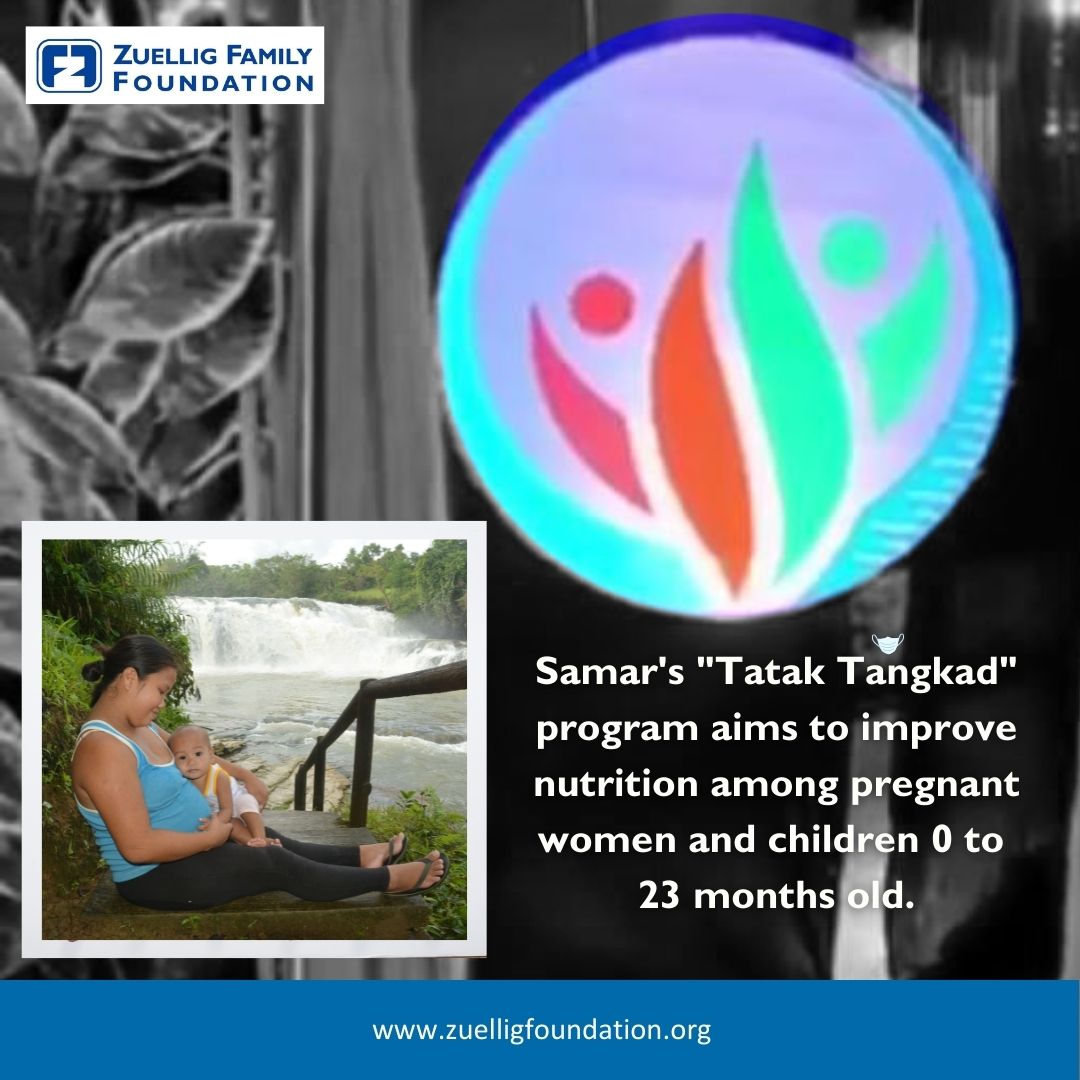Samar launches “Tatak Tangkad” to speed up F1KD efforts
News | by ZFF Admin

Among the provinces in Eastern Visayas, Samar recorded the highest stunting (impaired growth and development) prevalence among children under two years old at 29.4 percent in 2019. Acknowledging the urgency of addressing malnutrition, the provincial government of Samar launched its “Tatak Tangkad” program to fast-track its efforts in improving nutrition among pregnant and the first 1,000 days (F1KD) population—children 0 to 23 months old.
In his opening remarks during the program launch yesterday, Samar Governor Reynolds Michael Tan highlighted that stunting does not only concern height, but also the overall brain development of the child that could lead to severe consequences later in life if neglected. According to the World Health Organization, the most crucial period to address stunting is during the F1KD of a child’s life because this is a period of rapid physical growth and accelerated mental development.
Improved F1KD numbers
Through the “Tatak Tangkad” program, the provincial government aims to bring down stunting and wasting (too thin for a given height) prevalence among children below two years old by 25 and 10 percent in 2025, respectively. It also aims to reduce the number of nutritionally-at-risk pregnant women and low birth weight infants.
Since July 2020, Samar has been undergoing interventions for improved F1KD nutrition under the Provincial Nutrition Governance Program (PNGP) of the Zuellig Family Foundation and United Nations Children’s Fund. PNGP aims to have a comprehensive and integrated nutrition program that will have health and nutrition sectors working with other agencies, including education, agriculture, and social welfare.
Declaration of commitment
Governor Tan also called on the local leaders, partners, other agencies, and the community to support the “Tangkad Tatak” program: “Help us end the cycle of child malnutrition in Samar. There is no better time to do it but now.”
The Samar community affirmed its collective response in addressing malnutrition with the signing of a declaration, committing themselves to become “champions for the improvement of maternal and child nutrition” in the province.
Tatak Tangkad will be an intersectoral collaboration targeted at the vulnerable and disadvantaged F1KD population. Tracking, monitoring, and referrals of malnutrition cases will be handled by a so-called team of navigators composed of parent leaders, youth representatives, barangay health workers, and barangay nutrition scholars. Identified at-risk individuals will be enrolled in the program.